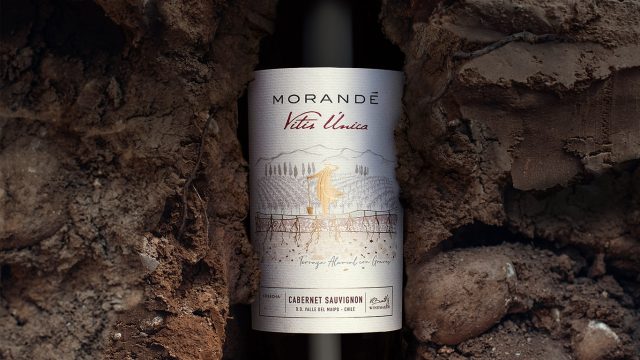Chile’s Morandé ditches ‘misleading’ gran reserva descriptor
One of Chile’s leading wine producers Morandé has ditched the term gran reserva from its labels because the descriptor has become devalued, according to the winery’s export director, Andrés Alvarado.

Speaking to db at ProWein in March this year, Alvarado explained the reason for the launch of a new range of Morandé wines called Vitis Unica, which encompass a selection of expressions priced over £15, including a varietal Mouvedre from Maule.
Such a range, which also includes more conventional grapes, such as Cabernet Sauvignon, was previously labelled ‘gran reserva’, but the name was changed at the start of this year.
Alvarado explained, “Our new range, Vitis Unica, used to be our Gran Reserva, but we have stopping using it [the term], because a lot of wineries are moving the concept of gran reserva to lower price points, which is misleading consumers.”
Partner Content
In other words, Alvarado has noticed a cheapening of the image of the wine descriptor, which he says was once used for only high-value expressions.
While Chile uses terms reserva and gran reserva for wines that are aged for more than six and 12 months respectively, there is no legal enforcement for the terms, meaning they are guidelines for consumers, not guarantees.
This is unlike Rioja, where the terms are strictly controlled, and can only be used for wines that have undergone minimum periods of ageing, which for gran reserva reds is a total of five years, with at least two years in oak barrels and two years in bottles.
Related news
Castel Group leadership coup escalates
For the twelfth day of Christmas...
Zuccardi Valle de Uco: textured, unique and revolutionary wines




